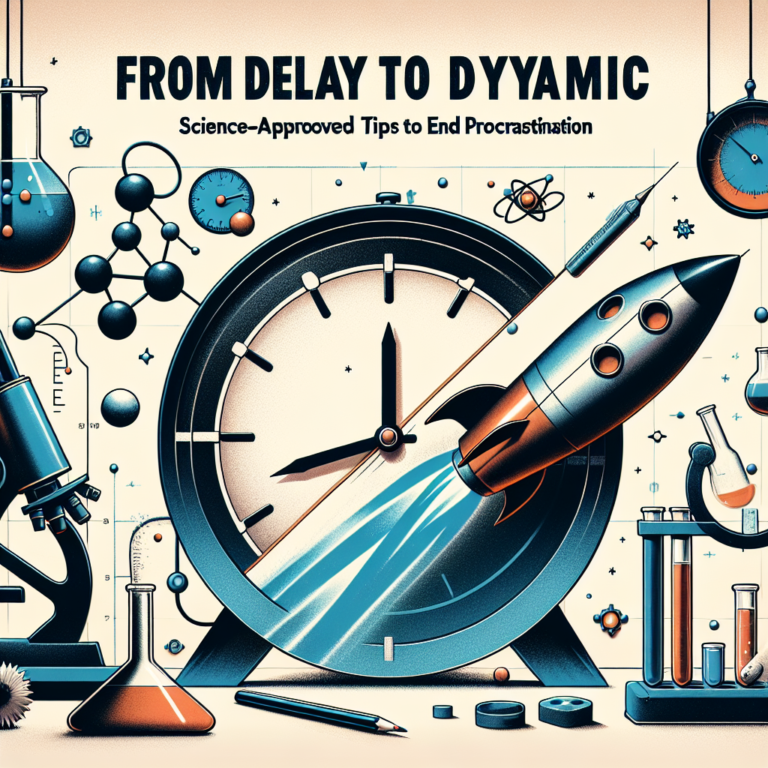
Harnessing Anger: Proven Techniques for Emotional Control
Introduction
In a world where emotions can often feel overwhelming, knowing how to manage them effectively is essential for maintaining mental well-being. Anger, a powerful and sometimes destructive emotion, can lead to harmful behaviors if not harnessed properly. However, instead of trying to suppress it, new science-backed techniques suggest that we can utilize anger as a tool for emotional control, paving the way for personal growth and enhanced relationships. In this article, we will explore the concept of Harnessing Anger: Science-Backed Techniques for Emotional Control, providing innovative strategies that empower individuals to transform their wrath into constructive outcomes.
The Nature of Anger: Understanding the Emotion
Before diving into the techniques, it’s crucial to understand the nature of anger itself. Anger is a natural response, akin to grief or joy, signaling that something is wrong or unjust. In evolutionary terms, anger has played a vital role in survival, serving as a response to threats and injustices. However, in our modern lives, mismanaged anger can lead to detrimental effects on mental health, relationships, and overall well-being.
The Physiology of Anger
Anger triggers a physiological response—our body releases stress hormones like adrenaline and cortisol. This response prepares us for a fight-or-flight reaction. While this can be helpful in minor situations, chronic anger can lead to long-term health issues, such as high blood pressure, anxiety, and even depression. Understanding these reactions is a precursor to learning techniques for controlling them.
Techniques for Harnessing Anger
In the quest for effective control over anger, various techniques have been proven to assist in channeling this powerful emotion towards positive outcomes. In this section, we will explore science-backed methods that can be seamlessly integrated into everyday life.
1. Cognitive Behavioral Therapy (CBT)
One of the most effective evidence-based approaches for managing anger is Cognitive Behavioral Therapy (CBT). This method focuses on identifying and changing negative thought patterns that contribute to anger.
Case Study: Transforming Thoughts
A study published in Journal of Consulting and Clinical Psychology analyzed the effect of CBT on anger management in adults. Participants who engaged in CBT reported a 50% reduction in anger incidents over three months compared to a control group. This demonstrates CBT’s effectiveness in restructuring anger-inducing thoughts, proving that Harnessing Anger: Science-Backed Techniques for Emotional Control can lead to meaningful behavioral change.
2. Mindfulness and Meditation
Practicing mindfulness allows individuals to observe their thoughts and emotions without judgment. By being present in the moment and acknowledging feelings of anger without reacting impulsively, mindfulness can greatly improve emotional regulation.
Case Study: Mindfulness Practices
A longitudinal study in Mindfulness Journal observed participants over a year who underwent a mindfulness-based intervention. Results indicated that those who practiced mindfulness regularly experienced a 60% decrease in anger and frustration, underscoring the potential of mindfulness meditation as a vital tool in Harnessing Anger: Science-Backed Techniques for Emotional Control.
3. Deep Breathing Techniques
Deep breathing exercises can help calm the physiological arousal associated with anger. Engaging in breath control interrupts the stress response and promotes relaxation.
| Breathing Exercise | Description |
|---|---|
| 4-7-8 Breathing | Inhale for 4 seconds, hold for 7, and exhale for 8. |
| Box Breathing | Inhale for 4 seconds, hold for 4, exhale for 4, and hold for 4. |
Using deep breathing can be a quick and effective way to manage anger in the moment.
4. Journaling
Writing about feelings can help individuals process their emotions and clarify their thoughts. Journaling allows a safe space to express anger without the immediate risk of negative repercussions.
Case Study: Emotional Writing
Research in The Journal of Clinical Psychology found that expressive writing led to significant reductions in anger for participants who engaged in regular writing exercises. This emphasizes the power of journaling within the framework of Harnessing Anger: Science-Backed Techniques for Emotional Control.
5. Physical Activity
Engaging in physical exercise is a fantastic way to dissipate pent-up energy and emotions. Exercise releases endorphins, which have mood-lifting effects, thus helping in reducing feelings of anger.
Case Study: Exercise Interventions
A study on participants who were encouraged to engage in regular physical activity showed a remarkable 40% decrease in aggressive behavior over six months. This evidence supports the notion that staying physically active can significantly enhance emotional well-being.
6. Expressive Arts
Art therapy and expressive arts have emerged as innovative methods for processing emotions. Whether through music, painting, or dance, creative outlets can provide a cathartic release for anger.
Case Study: Art as a Release
A research initiative focused on art therapy showed that individuals who used creative methods to express their anger experienced reduced anger levels and improved emotional coping strategies. This illustrates another angle in the realm of Harnessing Anger: Science-Backed Techniques for Emotional Control.
Emotional Control Strategies
In addition to the techniques discussed, here are some emotional control strategies that can help manage anger more effectively:
1. Recognize Triggers
Identifying specific situations or behaviors that trigger anger can empower individuals to
















